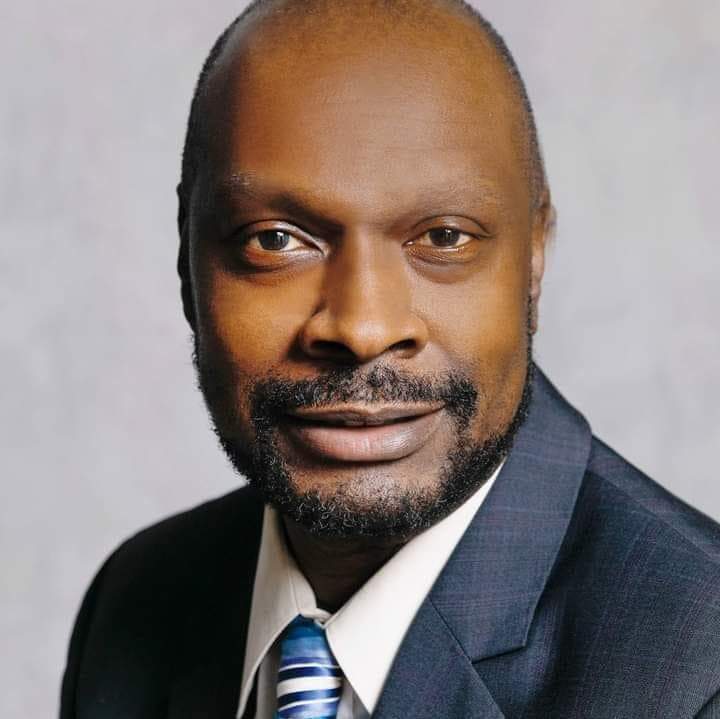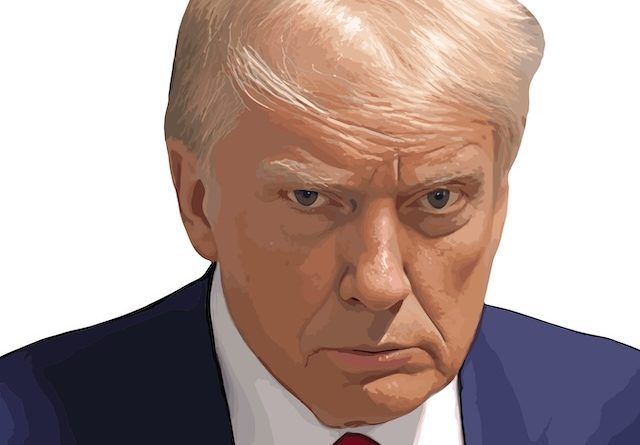Trump’s Conviction: A Black Perspective on Justice
Donald Trump certainly has a knack for rhetoric. His words can either land him in hot water or shed light on perspectives many of us hadn’t considered. Among his phrases, “They’re coming for you, I’m just in the way,” stands out.
While it’s challenging to view Trump as a martyr, his ongoing legal battles suggest an active effort to undermine him, especially during the campaign. Some argue that “no one is above the law,” and I tend to agree; but democracy should rightfully prevail and Trump is the nominee of a major political party. Shouldn’t his presence on the ballot in November carry weight when these trials occur now?
Delving deeper into last week’s conviction, I began to think critically about how the news might resonate with Black Americans, particularly those in Baltimore City. Over the past few days, I’ve informally surveyed individuals, and the results have been intriguing.
But before delving into those findings, let me share what initially piqued my interest in President Trump. In 2019, he famously labeled Baltimore as “the worst-run and most dangerous city” in the U.S. His words were painful, yet there was a raw honesty to them that struck a chord.
No doubt, Baltimore’s once-promising landscape has significantly dimmed since my grandfather owned and operated an eatery near Sandtown-Winchester in the 1970s and 1980s. Times have taken a turn for the worse for many of us. The departure of Bethlehem Steel marked the conclusion of our manufacturing era. Despite 67 years of Democrat control, little has changed, evident in the proliferation of abandoned buildings, rampant crime, and failing schools.
Many of us supported President Trump throughout his presidency. His administration brought historical funding for HBCUs, introduced innovative programs like Opportunity Zones, and achieved record-low unemployment for Black Americans. Though we may have had little in common with the man himself, we benefited greatly from Trump’s policies that resonated well with the poor and underserved.
Recent news of President Trump’s conviction is indeed disturbing, yet it also does not come as a complete surprise. For Black Americans in Baltimore City, particularly those who endured Democrat Martin O’Malley’s zero-tolerance policies, the palpable bias within the justice system has raised doubts about the fairness of the trial. Considering the trial’s location in New York City, where Trump received scant votes, raises concerns about the potential for bias in the assessment of Trump by a jury and judge comprised of anti-Trump New Yorkers. Is it any surprise that Trump would find himself with this conviction? How is this trial any different from a Black man being prosecuted by an all-white jury of “his peers”?
While the liberal media may persist in its criticism of Trump, we might soon witness a reversal among Black Americans, particularly Black men. Just as Trump’s mugshot has made its way into rap videos and street-made t-shirts, his conviction could indeed draw more Black men to his camp.
To explain why, we must acknowledge the deep-seated distrust of the justice system within the Black community. Just consider these troubling statistics: Black Americans comprised 70% of Baltimore City’s incarcerated population from 2017 to 2021, despite representing only 62% of the total population. Additionally, recidivism rates among Black individuals released from Maryland prisons remained consistently high at around 60% between 2016 and 2020. Moreover, Black youth accounted for 85% of juvenile detention admissions in Baltimore City from 2016 to 2020. Research indicates they were 3.7 times more likely to receive mandatory minimum sentences for drug-related offenses compared to white individuals.
And while the media may portray President Trump as financially troubled, many Black families know all too well the financial toll of court and incarceration. A 2023 report by the Prison Policy Initiative highlighted that the incarceration of Black Americans in Baltimore City resulted in an estimated annual loss of over $100 million in earnings for families affected by incarceration, exacerbating poverty and financial instability within the community.
Many of us perceive Trump’s persecution in the media and the courtroom as no different from the significant social and economic disruptions felt in the Black community. According to the Urban Institute, some Baltimore City neighborhoods experience incarceration rates as high as 40%, leading to increased crime, family instability, and community disintegration.
It is not surprising that many Black folks are finding themselves empathizing with Trump amidst his legal troubles. They increasingly perceive the criminal justice system as unjust and designed to penalize those deemed unwanted. Trump’s legal issues, much like his viral mugshot, are prompting more people to empathize with him and consider supporting him, defying historical odds.
The upcoming November election promises to be intriguing, not solely due to Trump garnering increased support from Black and Latino voters, but also because his legal challenges will reinforce a narrative Trump has consistently emphasized: “They’re coming for you, I’m just in the way.”

Christopher Anderson is a third-generation Baltimorean, a father of three, a U.S. Coast Guard veteran, and a lifelong community advocate. He is currently a member of the Baltimore City Republican Central Committee. He has run for Congress and the Baltimore City Council.

